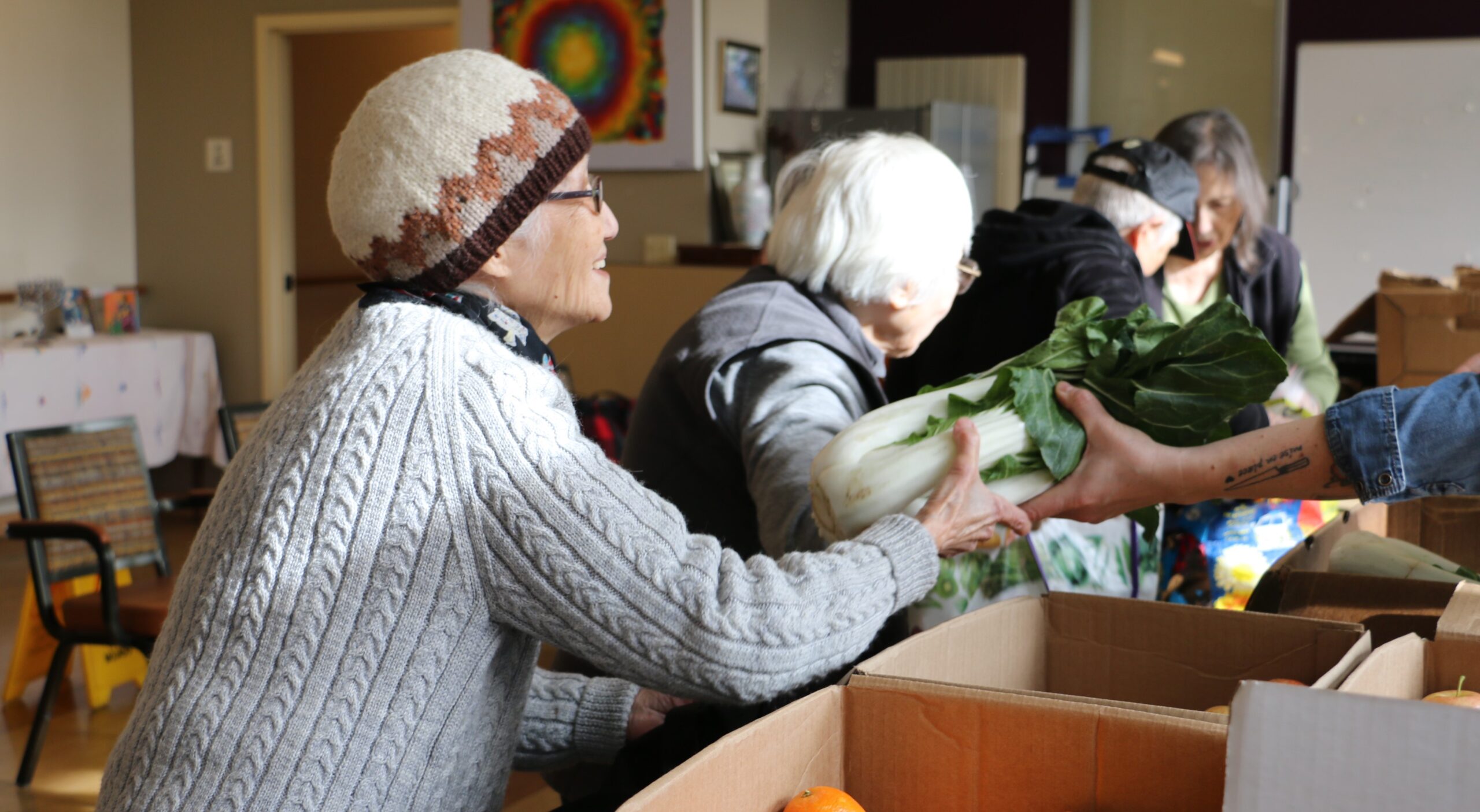We’re adopting a new term to describe people using our pantry services. Read on to learn more.
BFN is always designing ways to innovate and reduce the stigma around food and nutrition insecurity. One approach we’re taking is to examine our language and terminology and consider how it may perpetuate the stigma and shame of accessing supportive services. Historically, BFN and many other organizations have referred to individuals receiving services as “clients.” This term creates an inherent power imbalance and division between those receiving assistance and those giving it. This can create a harmful experience. We are committed to empowering our community to come to BFN’s pantries, and we want everyone to feel respected and included in the conversation. One way we can begin to shift power is by changing how we refer to the people we support. Therefore, BFN is adopting the term “member” to describe folks participating in our pantry services.
This is just scratching the surface of the member-centric model we are refining this year. To further empower and ensure our members’ voices are heard, we will deepen our relationship with them by modifying our intake form and process, creating a more welcoming environment, and conducting surveys. Our ultimate goal is to understand better their food preferences, lifestyles, and unique circumstances so we can align our sourcing choices more strategically and intentionally to their needs. Stay engaged with us to learn more about this member-centric component of our model as it grows in the coming months.
Speaking of shifting language…
We are changing the names of our different types of pantries throughout the community:
Old Name: On-site Pantry (our public distribution at our West Berkeley warehouse)
New Name: 9th Street Pantry
Old Name: Mobile Pantries (our public pop-up distributions at various locations in Northern Alameda County)
New Name: Neighborhood Pantries
